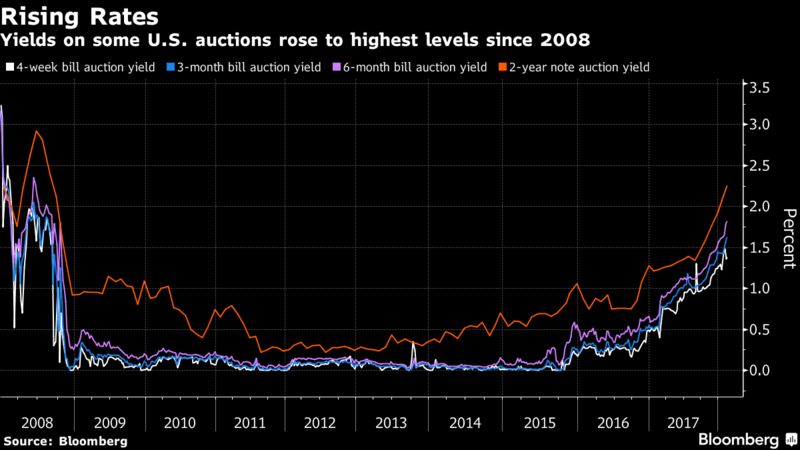That was brutal. We increased prices quarterly. It was a chore updating all the price lists. Interest rates at 15%.
And, that's when I bought my first house and got fired from my first job!
Brutal.
For part of that time I worked in a grocery store. We changed prices several times a week. I had one customer throw a can at me for changing prices. She seemed to think it was illegal.
A few years later, I had an IT job. I quit because they were offering a 12% annual raise that wasn't keeping up with inflation.
My mortgage started at 14%, but I refinanced several times over the years to get into the single digits.
Strange times. Glad I wasn't on a fixed income back then.


